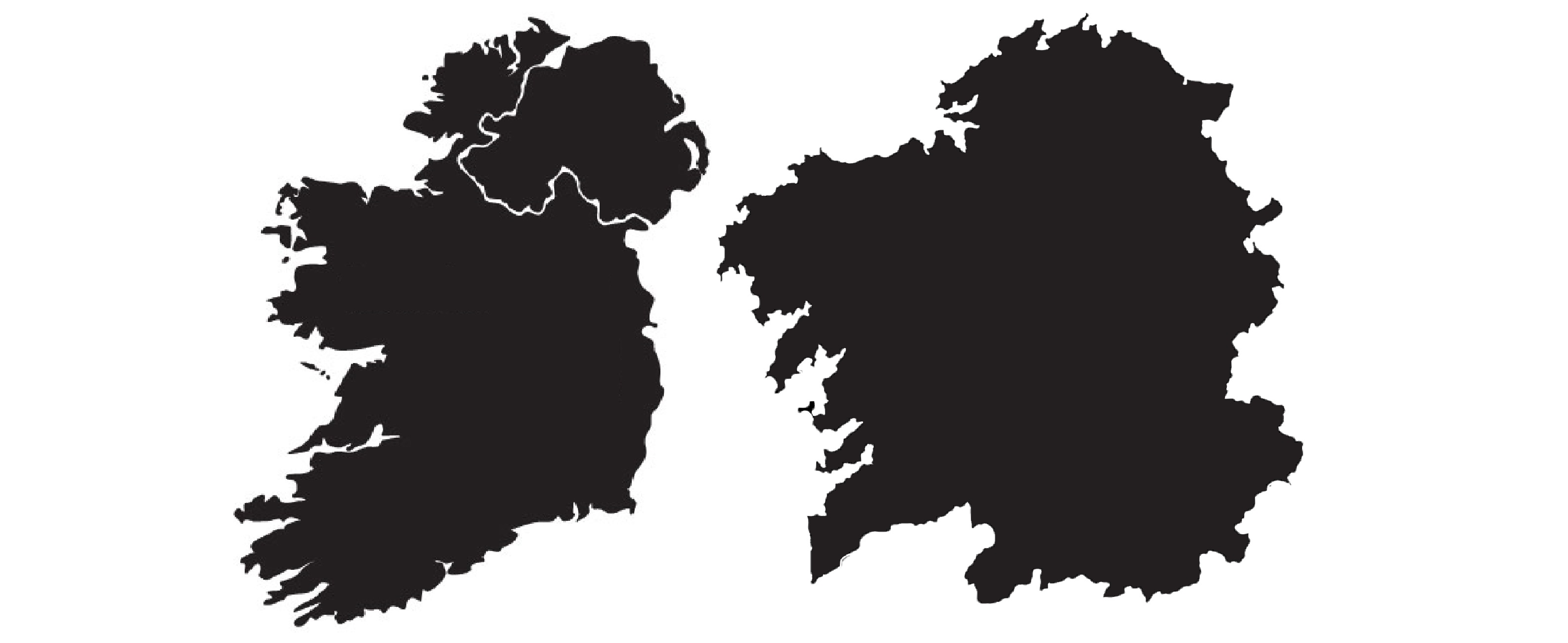Research Project:
The Animal Trope: An Ecofeminist Analysis of Contemporary Culture in Galicia and Ireland (PGC2018-093545-B- I00 MCIU / AEI / ERDF, UE).
PI: Manuela Palacios González
Members: Margarita Estévez Saá; María Xesús Nogueira Pereira; Marilar Aleixandre; María Jesús Lorenzo Modia; María Jesús Cabarcos; Olivia Rodríguez González; Ana Acuña Trabazo; Eulalia Agrelo Costas; María Alonso Alonso; Martín Veiga; Anne Fogarty; Jorge Rodríguez Durán, Arancha Rodríguez Fernández
Period: 2019-2022
Funding institution: Ministerio de Ciencia, Innovación y Universidades -MCIU- / Agencia Estatal de Investigación -AEI- / European Region Development Fund -ERDF-/ UE)
Funding: 42.350 €
Summary:
Ecofeminism has denounced how patriarchy has defined human essence in terms of rationality, freedom and control over nature and the animal world, qualities which were actually identified with the masculine model, thereby defining the human as masculine (Plumwood 1991). Adams (1990) has exposed how patriarchy casts women and animals in the role of the other, ready for objectification and consumption. However, in the context of recent debates in philosophy and animal studies that challenge anthropocentrism and defend human-animal relatedness, we are witnessing women’s vindication of animality so as to recuperate our repressed animal nature and change oppressive masculinist conventions (Puleo 2011). On the basis of conspicuous and comparable cultural and environmental circumstances in Galicia and Ireland, we intend to identify those figurations on woman-animal relatedness produced since the unprecedented emergence of women writers and artists in both communities in the 1980s. Our hypothesis is that the concurrent circumstances of this incorporation of women alongside the expansion of grassroots activism for animals’rights and of disciplines such as ecofeminism and animal studies are producing new figurations that propose human-nonhuman transversal subjectivities. This transnational, ecoregional, and ecofeminist approach, framed within the field of Environmental Humanities, aims to bridge the gap between artistic creation and political intervention, between environmental theory and social action. As such, this multidisciplinary project seeks to provide the academic, artistic and administrative institutions with a methodologically updated analysis that addresses women’s rights alongside those of animals.
